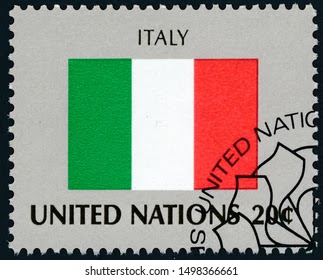Franz Beckenbauer is a retired German footballer and football manager who is widely regarded as one of the greatest footballers of all time. Here are some key details about him:
Birth: 11 September 1945 Munich, Germany
Playing Career: Franz Beckenbauer had an illustrious playing career. He was a versatile player who excelled as a defender and midfielder. Beckenbauer played a crucial role in Germany's national team success during the 1970s. Some of his notable achievements as a player include:
World Cup Wins: Beckenbauer won the FIFA World Cup both as a player (in 1974) and as a manager (in 1990).
European Cup Success: He won the European Cup three times with Bayern Munich (1974–1976).
Ballon d'Or: Beckenbauer won the Ballon d'Or (FIFA Player of the Year) twice, in 1972 and 1976.
Managerial Career: After retiring as a player, Beckenbauer transitioned into football management. He continued to achieve success, notably coaching the German national team to victory in the 1990 World Cup.
Beckenbauer is often referred to as "Der Kaiser" (The Emperor) due to his elegant style of play and leadership qualities on the field. He has left an enduring legacy in the world of football, both as a player and a manager.
Beckenbauer died on 07 January 2024, at the age of 78, due to natural causes as announced by his family







